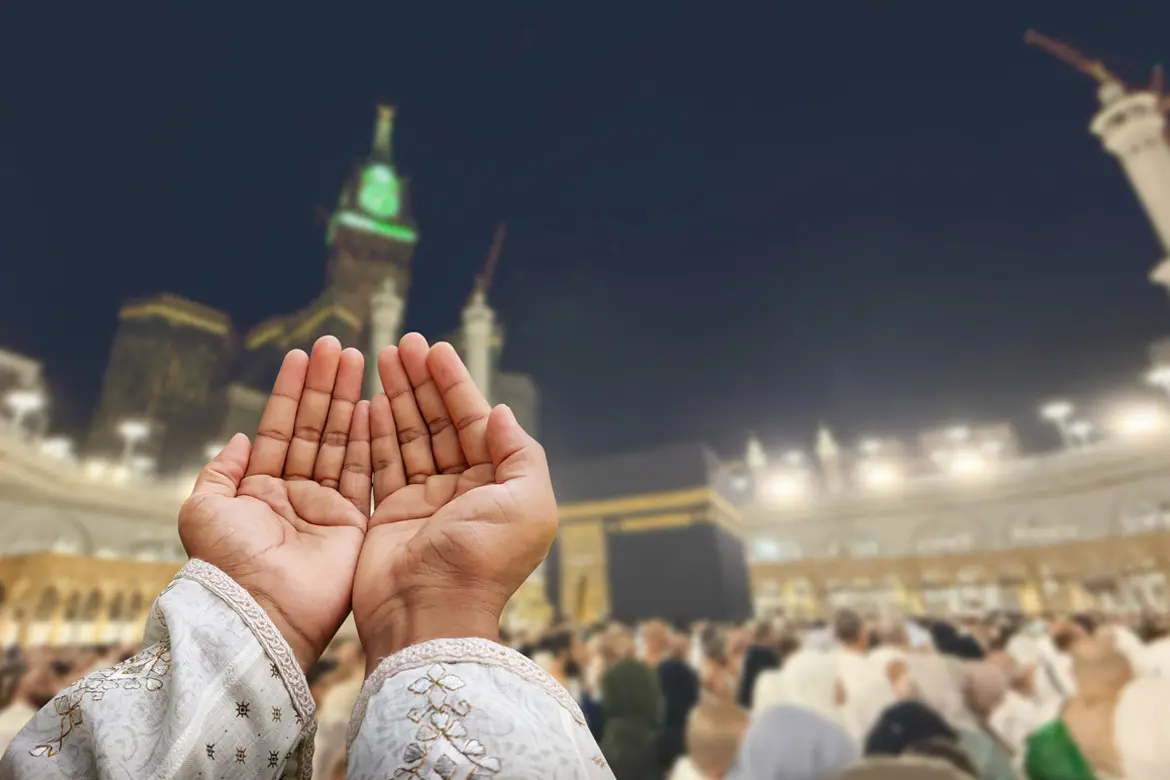Noor Eliza Binte Suradi
Family Physician


Source: Shutterstock
Family Physician
For many Muslims, Haj is a once-in-a-lifetime journey – a time for reflection, renewal, and spiritual growth.
But it’s also a pilgrimage that tests both body and mind. From walking long distances in intense heat to navigating large crowds, good health preparation helps set you up for a safe and fulfilling experience.
From 2026 onwards, all Singapore pilgrims will need to meet new health requirements before they can perform Haj. If you’re planning to go, here’s what you need to know to stay healthy and travel with confidence.
Under the latest requirements for Haj 2026 (1447H), all pilgrims must undergo a mandatory medical examination and obtain a health certificate confirming they are fit to travel.
This examination can be done at any GP clinic, including Parkway Shenton clinics, and is self-paid.
For the 2026 Haj pilgrimage, the certification period runs from 31 October to 21 November 2025. Be sure to book your appointment early, as clinics are likely to get busy closer to the deadline.
During your check-up, your doctor will review your medical history, current medications, and overall health, such as blood pressure, heart, and lung assessments. Simple lab tests may be done if needed.
To be certified fit for Haj, you will need to be free from serious or disqualifying medical conditions, including:
If you have chronic conditions such as diabetes, hypertension, or high cholesterol, don’t worry – you may still qualify if your condition is well-managed and stable. Work with your doctor early to review your medications and ensure your condition is well under control before departure.
Once certified, you’ll need to present your health certificate for verification when booking your travel package. Successful applicants will receive their Letter of Offer via the MyHajSG portal on 1 December 2025, and must purchase their Haj package from MUIS-appointed travel agents by 15 December 2025.
Before departure, make sure your vaccinations are up to date. This protects both you as well as the millions of other pilgrims making the journey.
Mandatory vaccinations
Recommended vaccinations
These vaccines are readily available when you walk in to Parkway Shenton’s dedicated vaccination clinics at Esplanade MRT, Ang Mo Kio, Bedok, and Harbourfront. You can also call your preferred clinic location to check vaccine availability.
Haj can be physically and mentally challenging. Preparing early helps you focus fully on your spiritual journey once you arrive.
Pack medical essentials
If you take daily medication (especially for diabetes, heart disease, or high blood pressure), discuss with your doctor how best to adjust timing or dosage during travel, considering time zone changes and meal schedules.
Staying cool and hydrated
Temperatures during Haj can soar above 40°C. Heat exhaustion and dehydration are among the most common medical issues faced by pilgrims.
Practise good hygiene
With millions of pilgrims gathered together, good hygiene habits are key for preventing infections.
Don’t neglect your feet
You’ll be on your feet for long hours, so take care of them.
Build your stamina early
Start a gentle walking routine several weeks before your trip to strengthen your endurance.
This helps your body adjust and reduces the risk of fatigue or injury during the pilgrimage.
Once you’re home, continue monitoring your health. If you feel unwell within 14 days of returning – especially if you develop fever, cough, or persistent fatigue, see a doctor promptly.
A post-travel review can help detect and treat any possible infections early.
Your Haj journey is one of life’s most sacred experiences. Preparing your health well allows you to focus fully on your spiritual purpose – with strength, confidence, and peace of mind. Visit your nearest Parkway Shenton clinic for your pre-Haj medical examination and required vaccinations.
Find a clinic near you